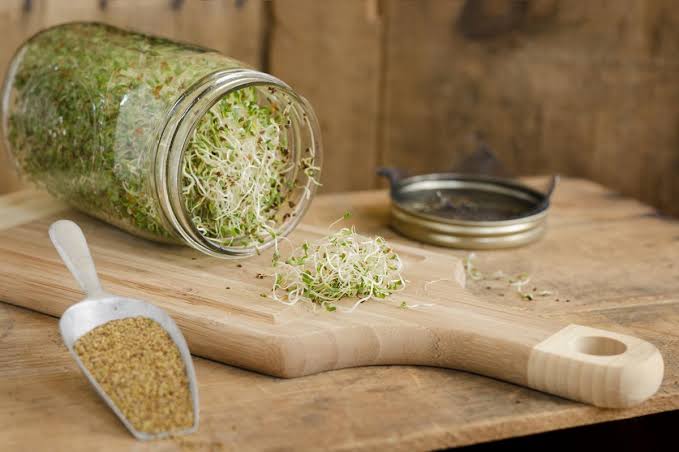Ancient Persia, which is now known as modern-day Iran, was a nation of great wealth and power. It became the world’s first super power when Cyrus the Great defeated nearby kingdoms which included Babylon, Lydia, and Media and unified them under one rule. Unknown to many, this iron-age empire was a global hub of culture, art, religion, science, and technology. It was a place where ideas flourished and new concepts emerged, such as the concept of human rights which was first propagated by Cyrus when he conquered Babylon. This great king freed the slaves, gave the people the right to choose their own religion, and promoted racial equality.
The history of Medicine in ancient Persia was as colorful and rich as its civilization. The ancient Persians were inquisitive, logical, and organized. It was from these people where the modern hospital system came from. They also cultivated different plants that they used for medicine as well as for livestock. One of these is the Alfalfa plant which they used to feed their horses to keep them in prime condition for battle. The Greeks adopted this when the Persians invaded a Greek territory in 490 BC. As we all know, the rest is history. Strong horses helped keep the Persian Empire strong. Strong horses helped build Greece into a new super power that defeated a nation like Persia.
The popularity of the Alfalfa plant had spread to different parts of the ancient world. It was grown in Rome, the super power that came after Greece. In India, practitioners of Aryuveda (the ancient Indian medicinal practice) recognizes it as an effective medicine for people who suffer from arthritis, digestive diseases, and gastro-intestinal ailments. In ancient China, it was used to treat conditions such as kidney stones. It was the Spanish and the Portuguese who brought the herb to the New World, thus, making it more popular than ever before.

Characteristics of the Alfalfa Plant
Alfalfa which is believed to have originated in South Asia is a widely perennial legume of the pea family that is known for its tolerance for drought, heat, and cold. It has trifoliate leaves and flowers that are commonly purple (although this may vary among shades of white, yellow, and purple). Its flowers produce corkscrew-coiled legumes that contain two to eight or more seeds. This plant has symbiotic soil bacteria in their root nodules, which fix the nitrogen from the air into the soil, thus making it accessible to other plants. It can help prevent erosion and improve the nutrient levels in the soil.
Modern Medicinal Value of Alfalfa
- It can help relieve arthritis
Arthritis diminishes the quality of life of those who suffer from it. Sadly, thousands of Australians are affected by it and many of them are less than the age of 65. Natural remedies like a cup of Alfalfa tea may help relieve the discomforts and pains of arthritis since it contains vitamins, minerals, and nutrients that are essential in maintaining the strength of the bones and in keeping the body healthy. Powerful components that can be found in Alfalfa include Vitamin A, Vitamin B1, Vitamin B6, Vitamin E, Vitamin C, and Vitamin K. It also contains protein, magnesium, carotene, calcium, zinc, and iron.
- It supports healthy digestion
Alfalfa is a good source of pre—biotics which fertilize and feed the good bacteria in the gut. When there are enough good bacteria in the gut, the bad bacteria will be neutralized. Another component that this plant has is potassium. This is the mineral and electrolyte that helps relay signals from the brain to the muscles in the digestive system. The said signals stimulate contractions that encourage the digestive system to digest food. Aside from being good in digestion, potassium also helps eliminate fluid. Since Alfalfa is an excellent source of the said mineral, the herb may also be used as a natural diuretic.

- It may help keep levels of cholesterol low
Contrary to what many people believe, the human body needs cholesterol to build healthy cells. It is only considered bad when the levels of cholesterol are too high that they increase the risk of getting a heart attack. When there is too much cholesterol, one can develop fatty deposits in the blood vessels. These deposits grow, thus, they make it difficult for blood to flow through the arteries. A heart attack or stroke happens when these fatty deposits suddenly break and form a clot.
Alfalfa may help reduce the amount of cholesterol in the body since it contains saponins or plant compounds that lower cholesterol levels, kill disease-causing bacteria, reduce oxidative stress, inhibit tumor growth, and help ensure overall health.


Share:
Agrimony - Ancient, Traditional, and Modern Benefits
Astragalus Root Tea - Ancient, Traditional, and Modern Benefits